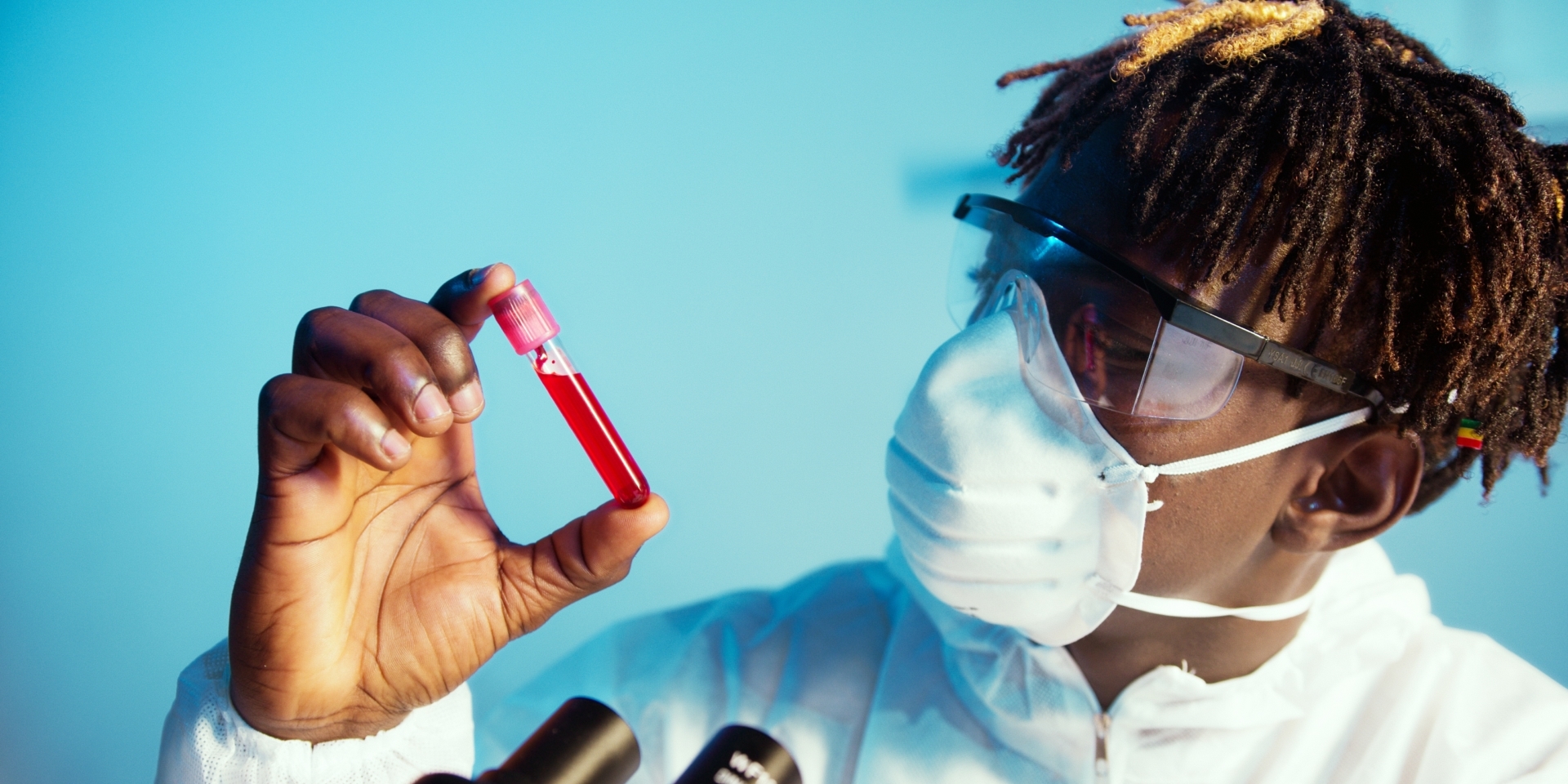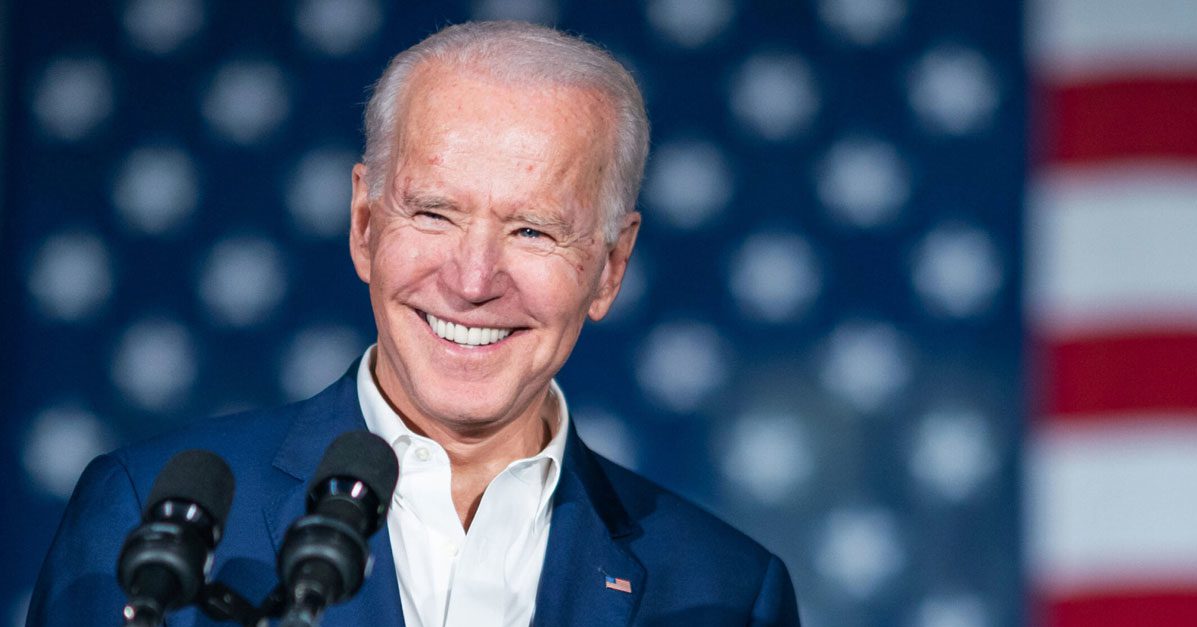
The Biden Administration wants to up the budget to fight HIV/AIDS.
According to the Washington Blade, President Biden released a budget request to Congress on Friday, April 9. That initial budget request for 2022 is being referred to as the “skinny budget” until a much more elaborate budget request drops later this year.
For LGBTQ readers and readers interested in the health field, one section of the skinny budget is of particular interest. It asks to bump up funds to fight the HIV/AIDS epidemic in the United States. Specifically, the budget seeks $267 million for Ending the HIV Epidemic. This is on top of the $400 million Congress approved since 2019.
“While it falls short of what the community has requested, if this funding is realized it will continue the momentum already created and make further progress in ending HIV in the U.S. Efforts to end HIV will help eradicate an infectious disease that we have been battling for the last 40 years and help correct racial and health inequities in our nation,” Carl Schmid, the executive director of the HIV+Hepatitis Policy Institute, said in a statement.

This isn’t the only health initiative that the Biden Administration is trying to focus on, according to the Washington Post. The skinny budget includes a proposal of $10.7 billion in the direction of combating the opioid crisis. In addition, increases to the budgets of mental health services, domestic violence hotlines, suicide prevention activities, and initiatives combating racial disparities in health care were proposed.
Perhaps Joe Biden and his administration’s push for the fight against HIV came at the perfect time. As HIV Plus Mag reports, STI testing has plummeted during the time of the coronavirus pandemic. As funds go toward combating the pandemic and making the vaccine more accessible, fewer people are getting tested or treated for STIs. Plus, access to testing/treatment has become limited in some areas.
The CDC said in September that tests for STIs like chlamydia, gonorrhea, and syphilis were down between 30% and 50% in the spring of 2020 compared to 2019. Then survey data from the National Coalition of STD Directors found that in January of this year, 40% of STI programs were still operating with reduced staff due to COVID-19.

“It’s clear there have been mass disruptions to testing, surveillance, and clinical care, and that’s likely making sexually transmitted infections worse than ever,” David Harvey, executive director of the National Coalition of STD Directors, told the Associated Press.
“To have our resources taken and diverted to COVID makes it especially important that we come back now and say: ‘If you’re sexually active, you should be tested’” said Dr. Hilary Reno, a CDC consultant and professor at Washington University School of Medicine in St Louis.
With this in mind, the Biden Administration’s attempt to get more funding into STI, and specifically HIV/AIDS-focused, programs and services is greatly needed.
Source: The Washington Blade, The Washington Post, HIV Plus Mag, Associated Press,
